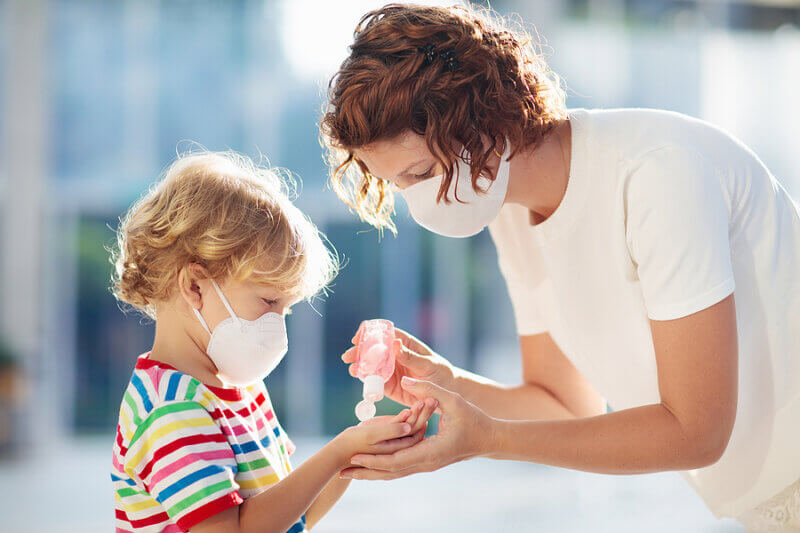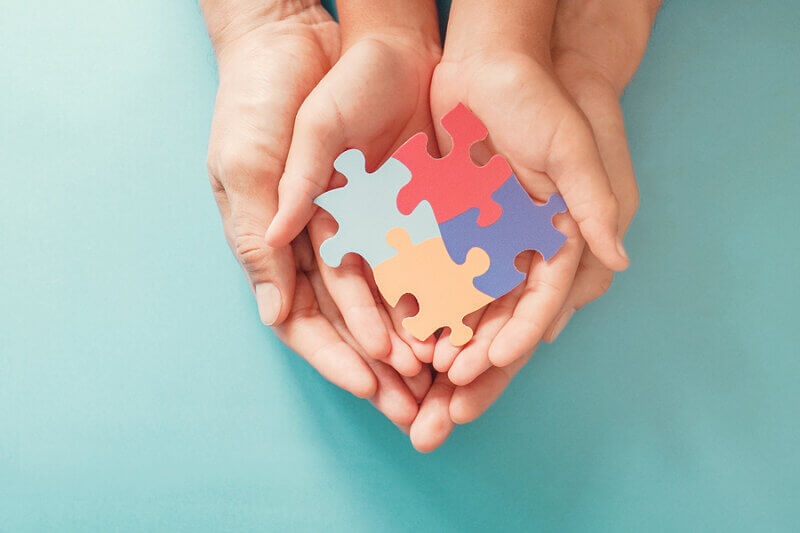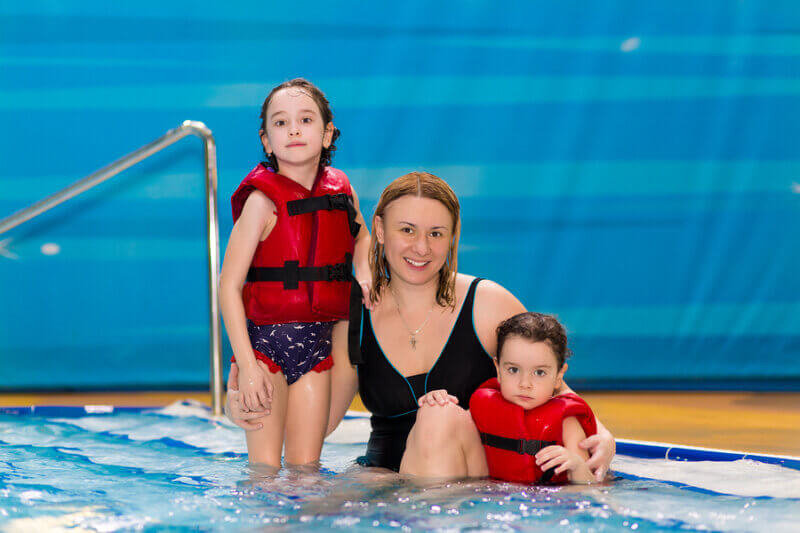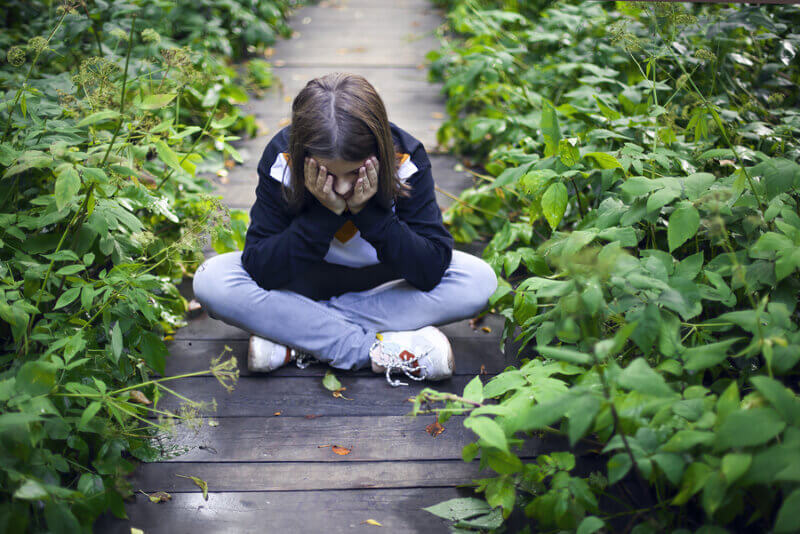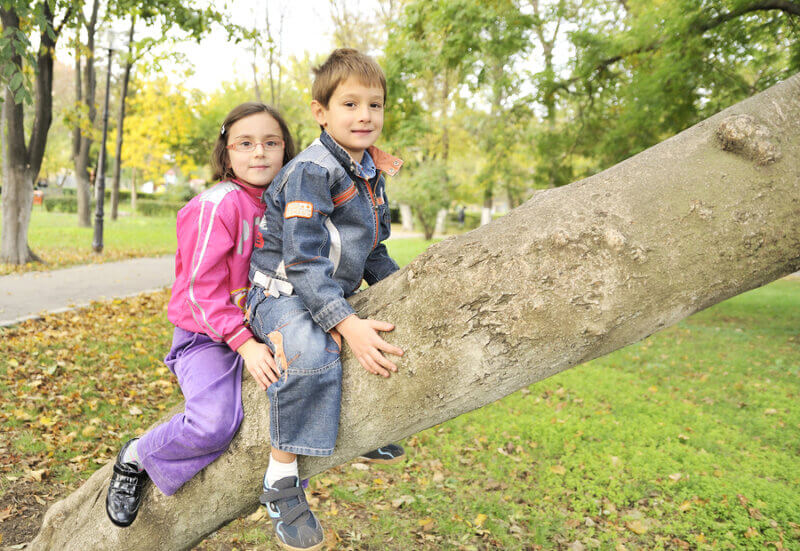What is anger rumination and how does it affect individuals with ASD?
Have you ever experienced challenging behavior like a meltdown, hostility, anger, or aggression when supporting a person with autism spectrum disorder (ASD)? Did the incident seem to come out of the blue? More than likely, there was a trigger that you didn’t notice or something that was building for a period of time. That “something” could be anger rumination. What…




